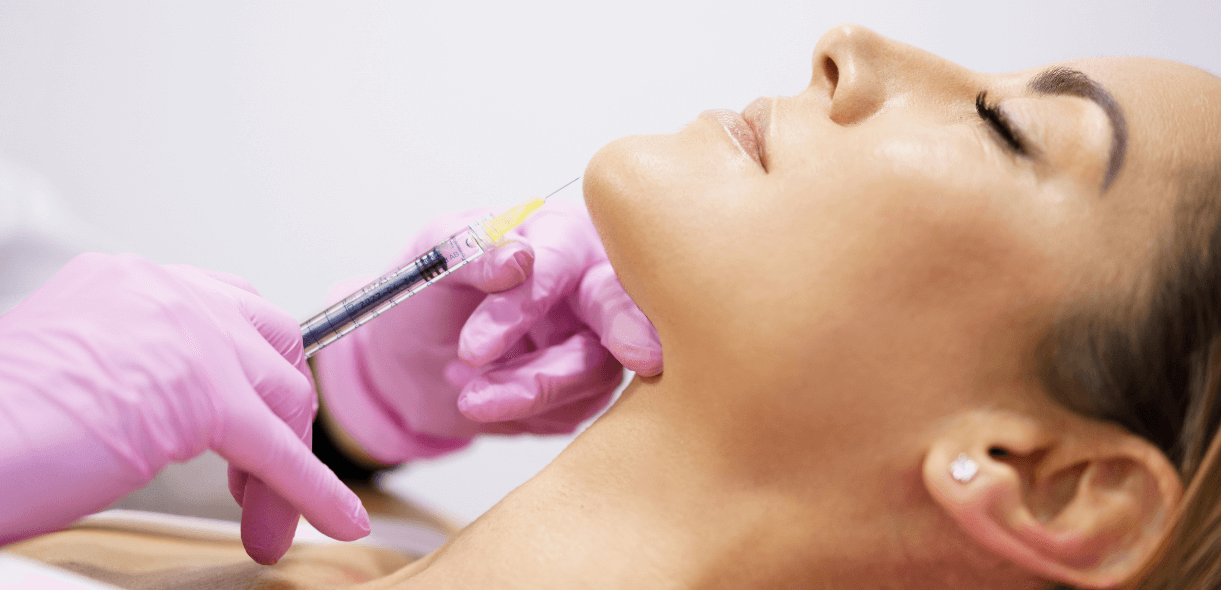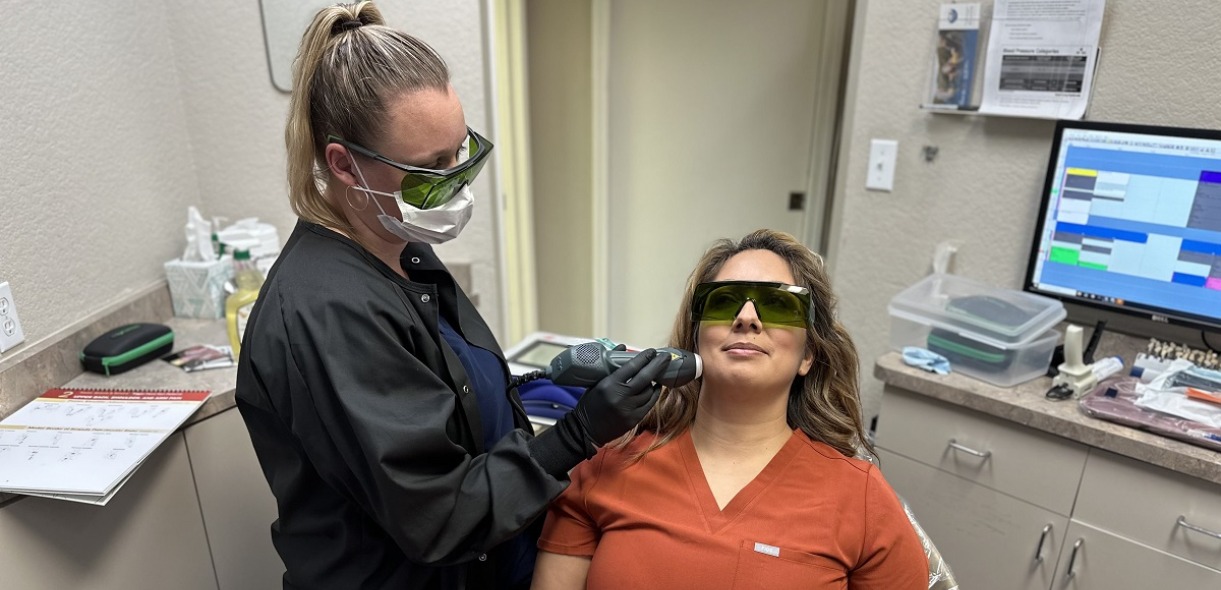The Silent Link Between Stress and TMJ Disorders: Ending the Cycle

A study published by the American Psychological Association reveals that 33% of adults go through intense stress which hinders them from thinking about the future. Studies also show that adults between 18 and 24 years old also struggle with the most stress. However, one thing everyone agrees to is how stress has unintended effects on the body. It impacts sleep, digestion, and even dental health. As a sufferer of chronic stress, people also remain at the risk of developing Temporomandibular joint (TMJ) disorders. The connection between TMJ pain and stress is unmistakable, yet few see the relationship. The knowledge of how stress leads to TMJ is the key to ending the cycle and alleviating pain.
How Stress Triggers TMJ Disorders?
- Teeth Grinding and Clenching – Elevated stress levels can lead people to struggle with bruxism (teeth grinding or jaw clenching). This puts too much pressure on the TMJ, and causes jaw pain and inflammation.
- Muscle Tension – Stress tightens muscles in the jaw, neck, and shoulders. Chronic tension constricts jaw movement and amplifies discomfort around the face or jaw.
- Changed Posture – Stress and anxiety tend to cause poor posture. People who spend long hours at a desk struggle with this issue more. Slouching puts pressure on the jaw and exacerbates TMJ symptoms.
- Nervous Habits – Others form habits such as chewing gum constantly or nail biting when stressed. These repeated actions put pressure on the jaw, and worsen TMJ disorders.
Identifying TMJ Symptoms Caused by Stress
- Jaw Pain or Stiffness – One of the most common symptoms of TMJ disorders due to stress is facial pain or lockjaw. The more you try to move your jaw, the more the pain.
- Recurring Headaches – Muscle tension in the jaw can cause headaches in the temples.
- Clicking or Popping – You might notice random noises while opening or closing the mouth. These sounds indicate joint dysfunction.
- Ear Pain or Ringing – Earaches, pressure on the insides of ears, or ringing in the ears can be signs of TMJ disorders.
- Difficulty Chewing – Pain while chewing or a feeling of the jaw being stuck when eating can help you identify TMJ disorders (TMD).
How to Break Free from the Shackles of Stress-Induced TMJ Symptoms?
- Practice jaw relaxation exercises, such as jaw strengthening or stretching massages to relax jaw tension.
- Invest at least 30 minutes daily in meditation, slow breathing, and yoga, to lower stress levels, and prevent TMJ flare-ups.
- Follow a regular sleep schedule and proper sleep posture to minimize muscle tension
- Cut back on caffeine to reduce anxiety levels, and the tendency to clench the jaw
- A custom-made mouthguard by a dentist stops grinding of the teeth during the night, and eases pressure on the TMJ.
- Maintain correct posture while working to reduce strain on the jaw and the neck
- Adequate fluid intake and a well-balanced diet promote muscle function and minimize inflammation.
- Avoid hard or chewy foods to put less pressure on the jaw
- Exercise produces endorphins that diminish stress and relax muscles.
- A decrease in the use of digital devices prevents posture-induced TMJ pain
Stress and TMJ disorders form a cycle that may be difficult to break. Minor changes in daily routines, along with professional treatment, restore jaw function and rid the individual of pain. In case of persistent TMJ pain, a visit to our healthcare professional guarantees the right treatment protocols for TMJ disorders in Rocklin.




